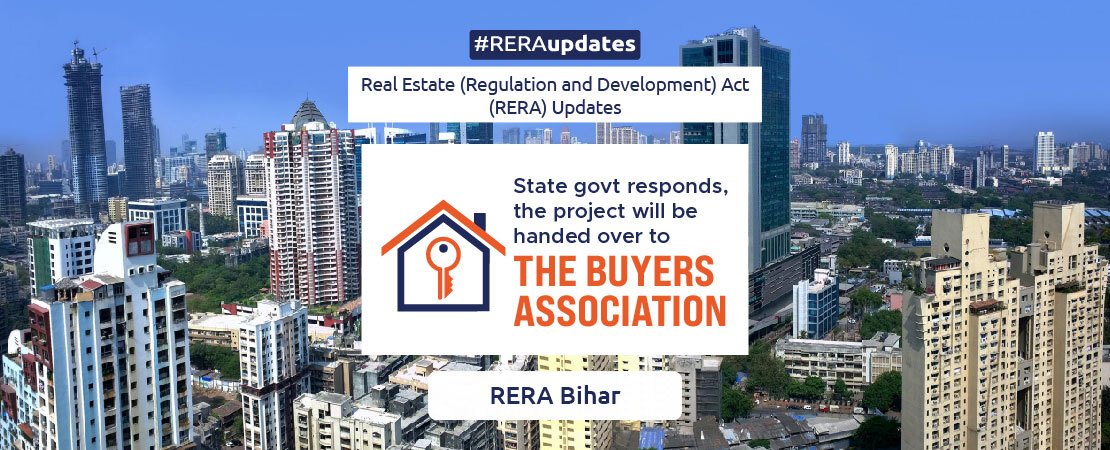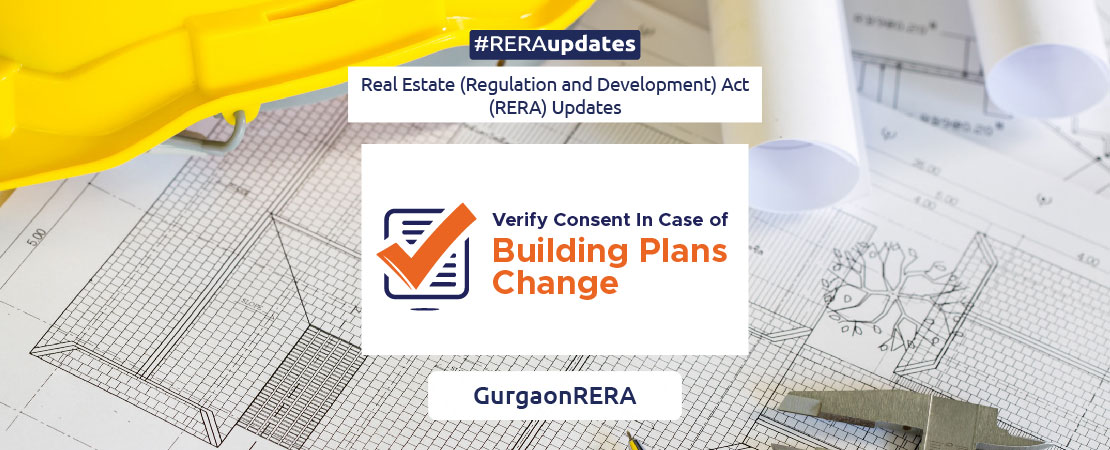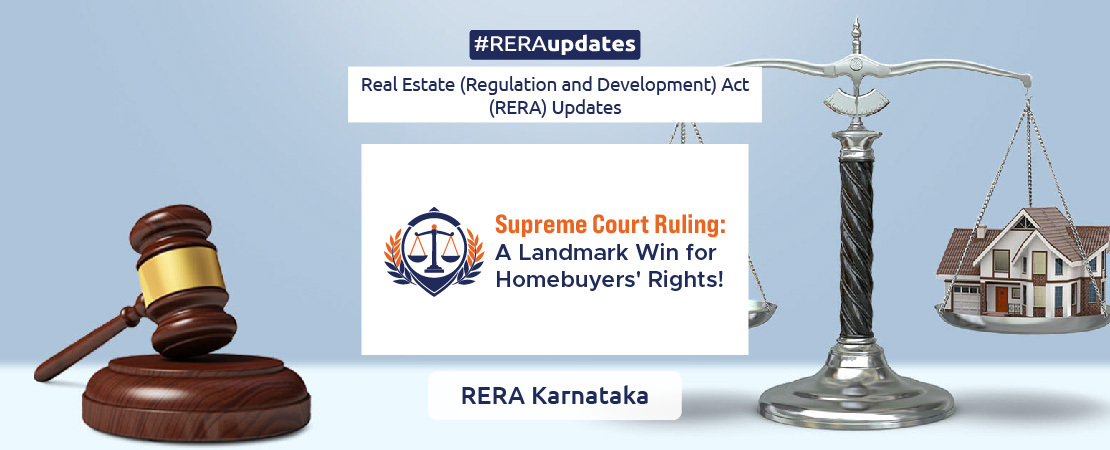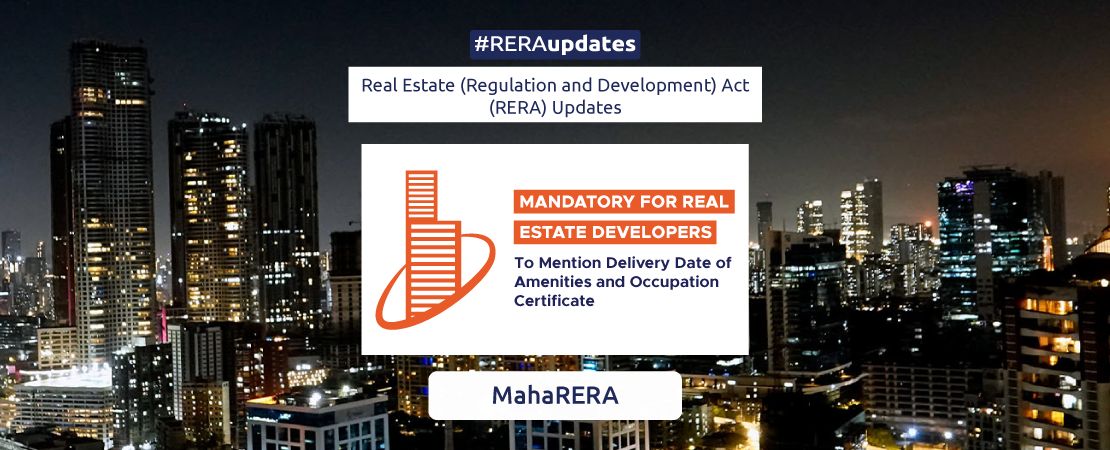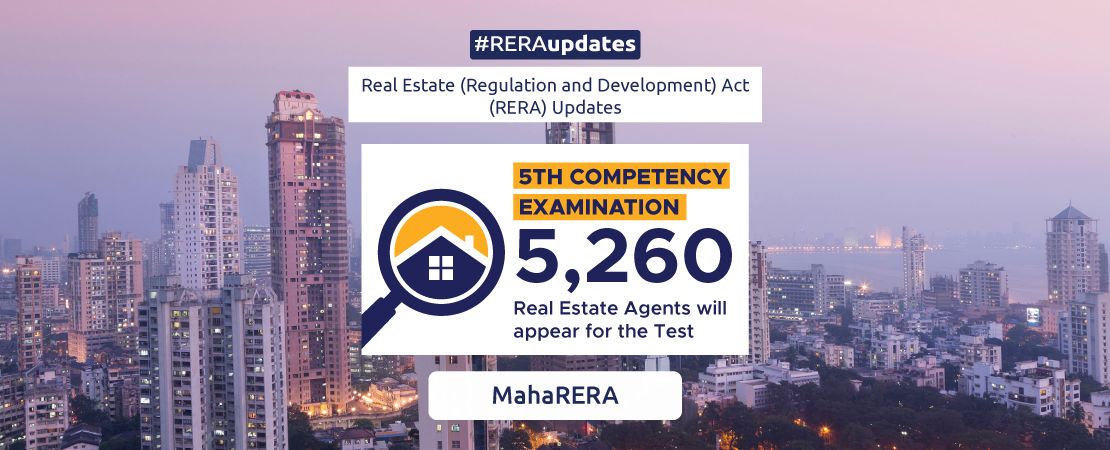Disclaimer for Intellectual Property Rights
This website, https://macj-abuyerschoice.com/ (“Website”), is operated by Net Dunes. Net Dunes takes responsibility for all intellectual property rights used during the design and development of this website.
Intellectual Property Rights:
Copyright: MACJ owns and/or has licensed all images, graphics, logos, and icons on this Website through Net Dunes, it’s licensors, or other third-party content providers. These elements are protected by copyright laws.
Third-Party Rights: Net Dunes has made every effort to respect the intellectual property rights of others. If you believe that your intellectual property rights have been violated on this Website, please contact us promptly at info@netdunes.com.
Use of Content:
You may not reproduce, distribute, modify, transmit, display, perform, publish, license, create derivative works from, transfer, or sell any content, information, software, or services obtained from this Website outside MACJ – A Buyer’s Choice Home Inspection business concern, without prior written consent from Net Dunes.
Disclaimer Updates:
Net Dunes reserves the right to update, modify, or amend this disclaimer at any time as per requirements with mutual consent.
Contact Information:
If you have any questions or concerns about this disclaimer, please contact us at info@netdunes.com.


